Shropshire Council ditches BlackBerrys for Lumias
Authority using Microsoft to achieve its one user, one device strategy
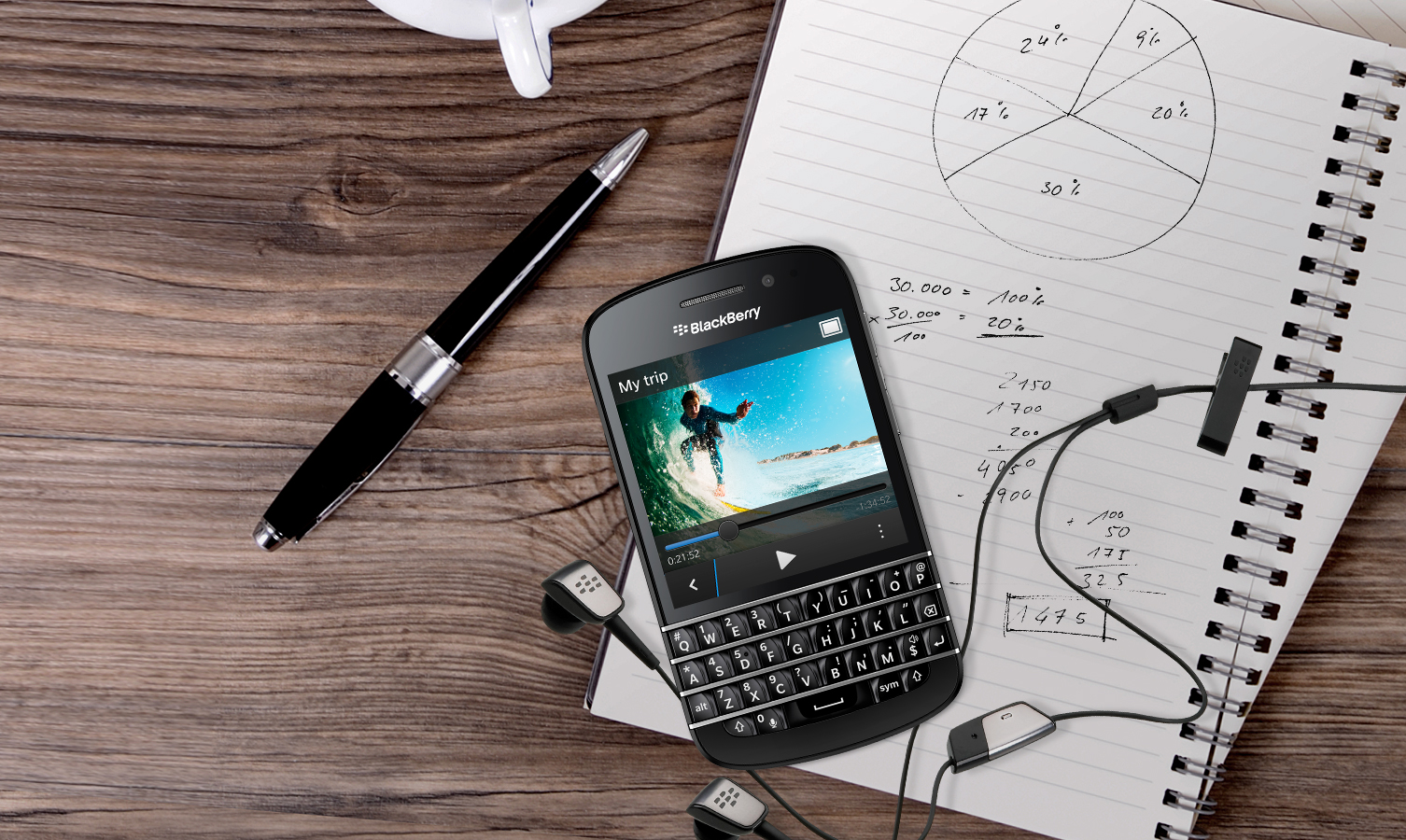
Shropshire Council is modernising its IT estate with Microsoft to support a one user, one device strategy.
Like all local authorities, Shropshire Council is facing large budget cuts but it's taking advantage of its enterprise agreement with Redmond to update its technology in a bid to help staff work more efficiently.
ICT manager Barry Wilkinson tells IT Pro his first move after starting 18 months ago was to replace 800 BlackBerrys with Windows Phone-running Lumias.
An Orange Mobile contract was about to expire, and Wilkinson discovered that a deal with Vodafone would prove 5 per user cheaper per month.
After looking at Android, iOS and Windows Phone, Wilkinson opted for Microsoft's operating system.
"I was quite excited with Windows Phone because there was a lot of talk in the media at that point around how that single level ecosystem now exists so it doesn't matter if it was your PC, tablet or your phone, it's that familiarity," he says.
The BlackBerrys required an extra security wrapper to support email, and were supported on a Sophos mobile device management (MDM) solution Wilkinson found fell short of expectations, taking a long time to enroll new devices and losing ones already registered.
Get the ITPro daily newsletter
Sign up today and you will receive a free copy of our Future Focus 2025 report - the leading guidance on AI, cybersecurity and other IT challenges as per 700+ senior executives
Meanwhile the Lumias came with Exchange installed, and were easy to use for the Windows-literate council employees, so Wilkinson ditched Sophos for Microsoft's own Intune MDM tool, which he worked on with Redmond to make it enroll devices faster.
Now Intune supports all the Lumia phones as well as 400 iPads "knocking around", said Wilkinson, though these are slowly being replaced by Surface Pro 3s, which offer more functionality and fit into the Windows ecosystem, he adds.
The difference in how staff were able to work was enormous.
"Not only did Windows Phone give us things like Office 365 for Word, Excel and PowerPoint, it also means I can deliver Windows-based apps into a phone environment," says Wilkinson.
With the council already able to use Office 365 under its enterprise agreement, the authority also delivered an app for social workers called Care First, that they could use out in the field when visiting people.
That gives them not only the addresses of people they're scheduled to see, but relevant information about them too, while they can write up notes in 365, cutting out the need to spend time travelling back to the office between appointments.
"Typically they used to be able to see two people a day," says Wilkinson. "Having access to proper mobile kit and devices that access not only Wi-Fi but 3G services means we can get job requests to them immediately."
They now visit far more people a day, and have better access to information out in the field.
"It's a big, big step," confirms Wilkinson. It also helps the council with its drive to reduce its premises as much as possible, encouraging remote working as way to reduce costs.
That requires a change in how staff work, one which Wilkinson hopes his one user, one device strategy will help.
CYOD
He has implemented a Choose-Your-Own-Device (CYOD) policy, allowing staff to choose from between up to seven devices, depending on their job role.
"For example a social care worker has the choice of two, a full laptop or a Lenovo Yoga," he says.
"The majority go for Yoga, some still like the laptop. Senior managers go for anything but it's still one user one device. We don't encourage users to have more than one device."
Some staff simply use Lumia phones, typically workers who drive to traffic incidents like bridge crashes to take pictures for council surveyors who then decide whether or not to close the road.
For multiple device users, Wilkinson says having a single ecosystem makes a lot of sense, with Shropshire Council running a mixture of Windows 7 and Windows 8.1 desktops and Windows Phone 8 and 8.1 on the Lumias.
"Windows Phone 8 It literally does look and feel the same way as the desktop," he says. "Even when Word opens it has the same splashscreen [as the desktop]. It makes that transition to a mobile workforce easier."
Windows 10
However, Wilkinson believes the council will make the move to Microsoft's incoming Windows 10 operating system, seeing it as the perfect mix between Windows 7 and Windows 8.1.
"For me Windows 10 brings some of the funky bits of Windows 8 to a recognisable Windows 7," he states.
"We might not need to go to Windows 8.1. It is quite exciting. Windows 8 is different, it's the whole tiles and desktop, whereas Windows 10 is tiles if you want them, start menu if you'd rather. For me that's an easier step."
Savings
Wilkinson estimates the council should save 500,000 from its IT modernisation strategy in 2015-16, mainly due to retiring its Sophos and BlackBerry licensing costs, while introducing a self-service password reset ability will save hours in IT helpdesk calls.
He says: "All of a sudden IT's becoming fun again. No longer is it a blocker, it's more of an enabler, it's all about making not only your life easier, but other people's lives easier."
-
 Meta just revived plans to train AI models using European user data
Meta just revived plans to train AI models using European user dataNews Meta has confirmed plans to train AI models using European users’ public content and conversations with its Meta AI chatbot.
By Nicole Kobie
-
 AI is helping bad bots take over the internet
AI is helping bad bots take over the internetNews Automated bot traffic has surpassed human activity for the first time in a decade, according to Imperva
By Bobby Hellard
-
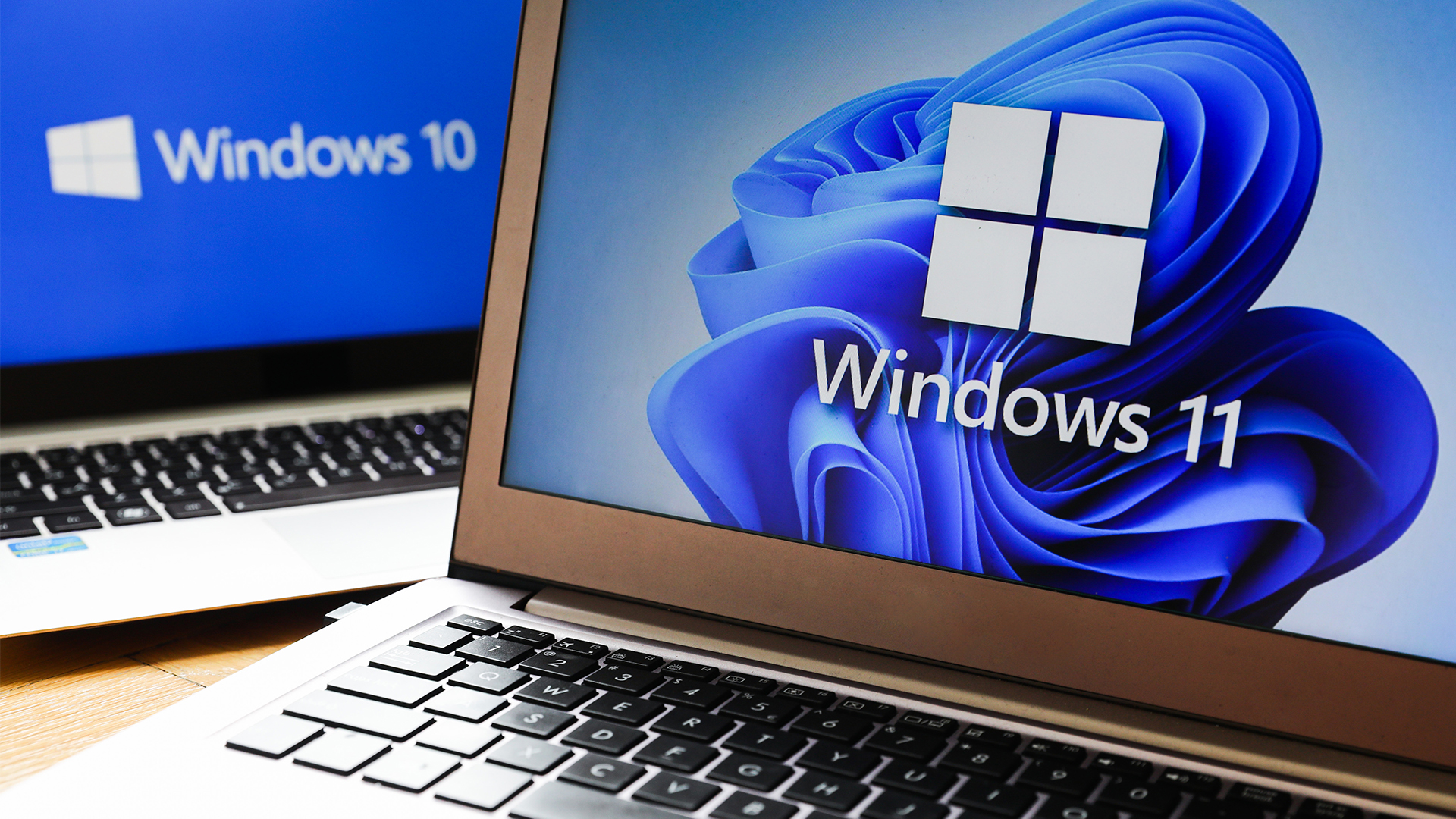 Microsoft refuses to back down on Windows 11 hardware requirements
Microsoft refuses to back down on Windows 11 hardware requirementsNews The tech giant says it'll keep hardware specifications for Windows 11
By Nicole Kobie
-
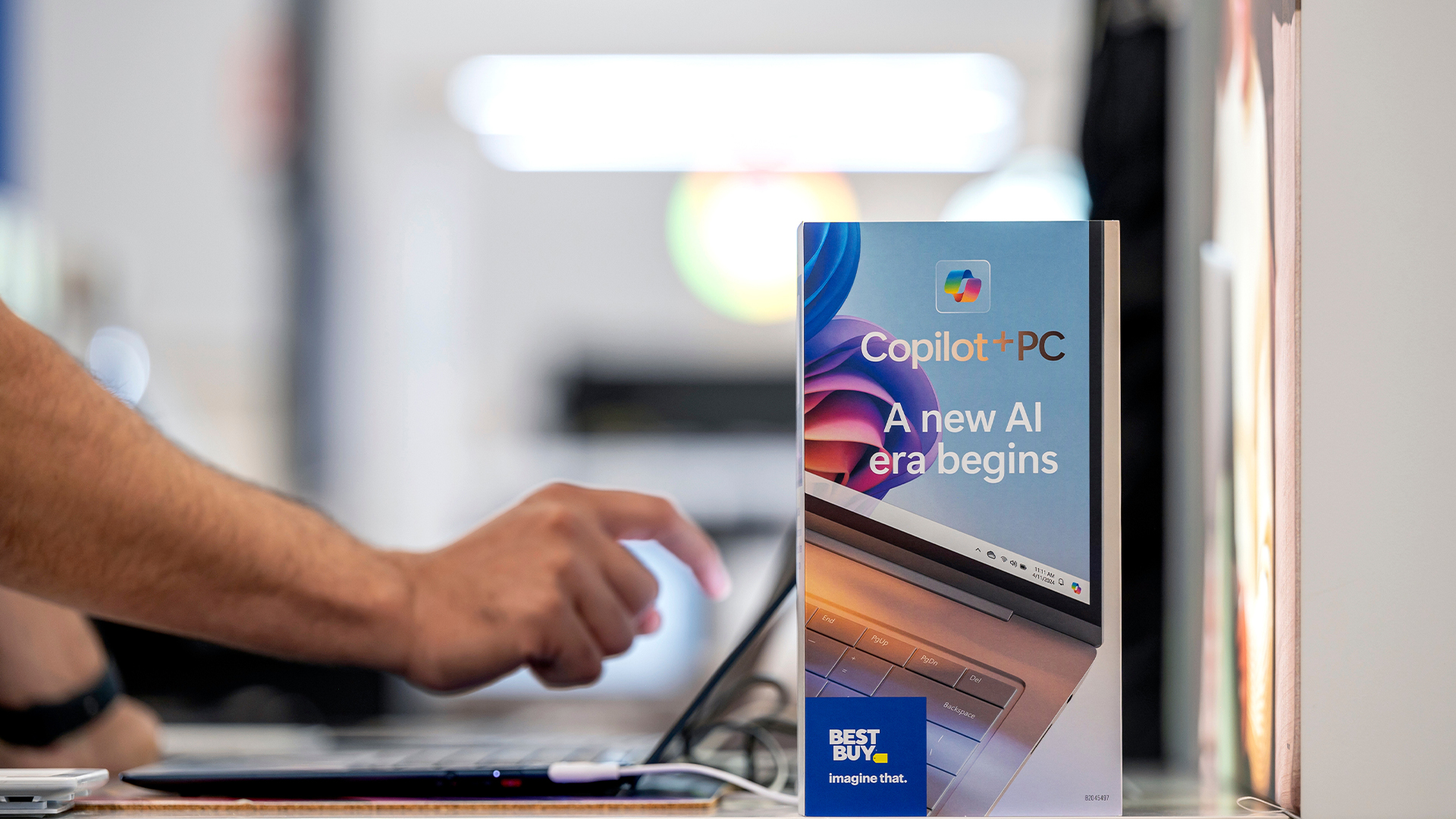 Why the world is about to be swamped with AI PCs
Why the world is about to be swamped with AI PCsNews With adoption rates set to surge, AI PCs will become far more mainstream in years to come
By Nicole Kobie
-
 Enterprise sustainability efforts mean pre-used hardware could be the key to reducing e-waste
Enterprise sustainability efforts mean pre-used hardware could be the key to reducing e-wasteNews While IT leaders want to see more second-hand device options, manufacturer practices could prevent widespread adoption over the next decade
By Ross Kelly
-
 Windows admins complain of Dell “bloatware” filling 95% of hard drives
Windows admins complain of Dell “bloatware” filling 95% of hard drivesNews Dell SupportAssist Remediation was blamed for disk allocation issues
By Rory Bathgate
-
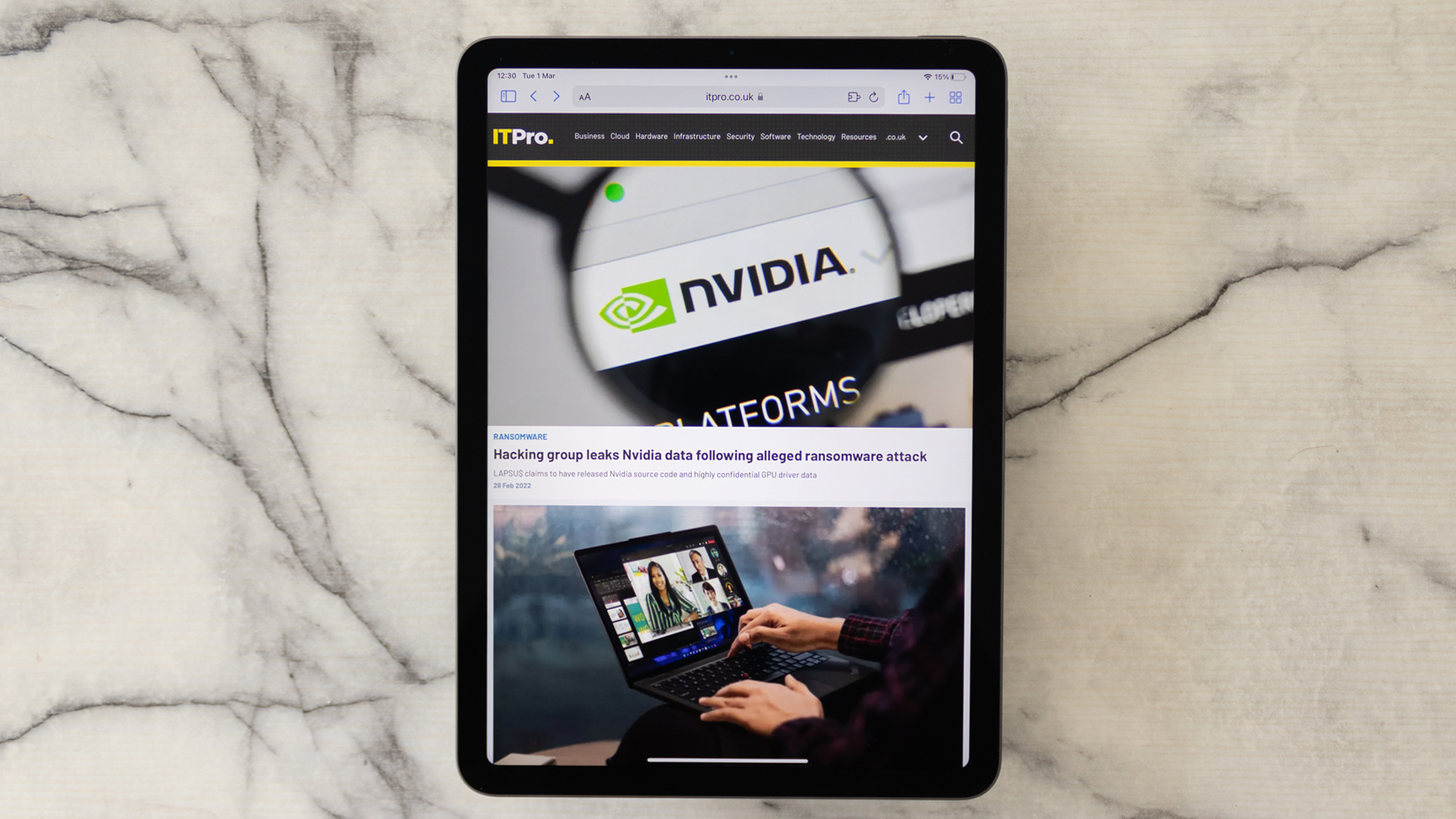 Apple iPad Air (2020) review: The executive’s choice
Apple iPad Air (2020) review: The executive’s choiceReviews With the iPad Air’s most recent redesign, Apple has delivered the best bang-for-buck tablet money can buy
By Connor Jones
-
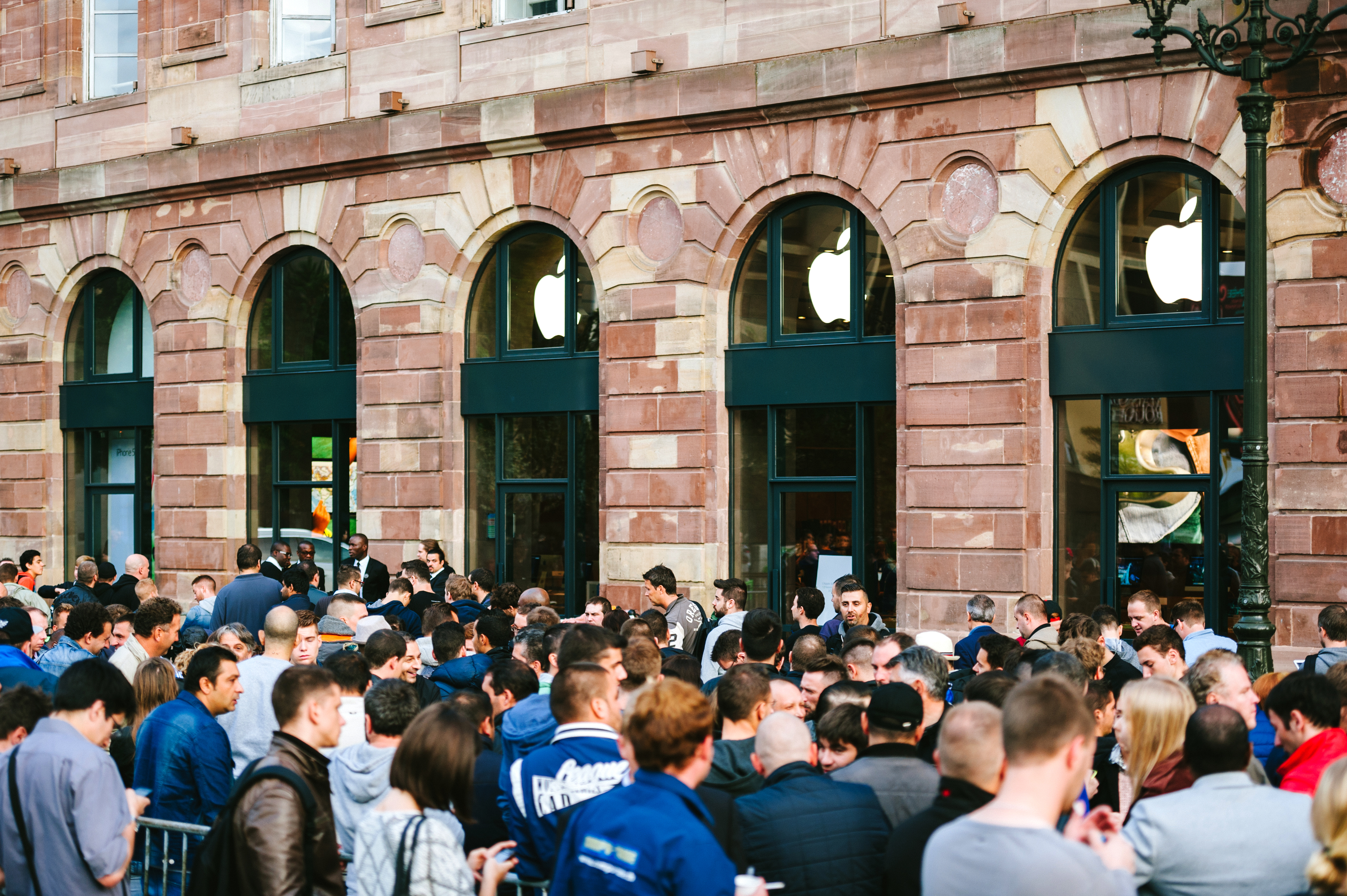 In praise of the early adopters
In praise of the early adoptersOpinion The IT industry needs early adopters like you – and tech that fell by the wayside should still be celebrated
By David Crookes
-
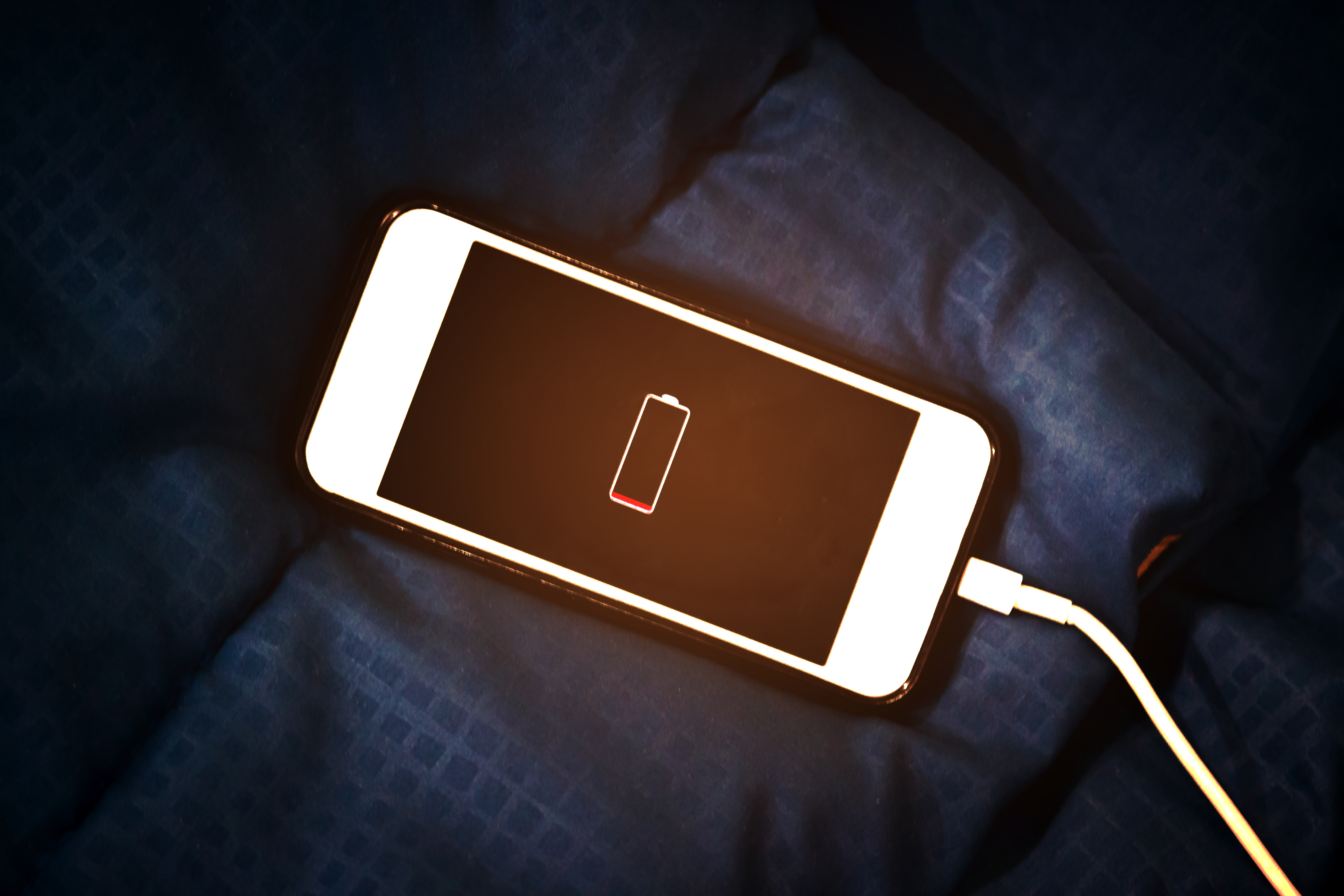 Apple is experimenting with attention sensors to save battery life
Apple is experimenting with attention sensors to save battery lifeNews Your next Apple device may shut down if you are not paying attention to it
By Justin Cupler
-
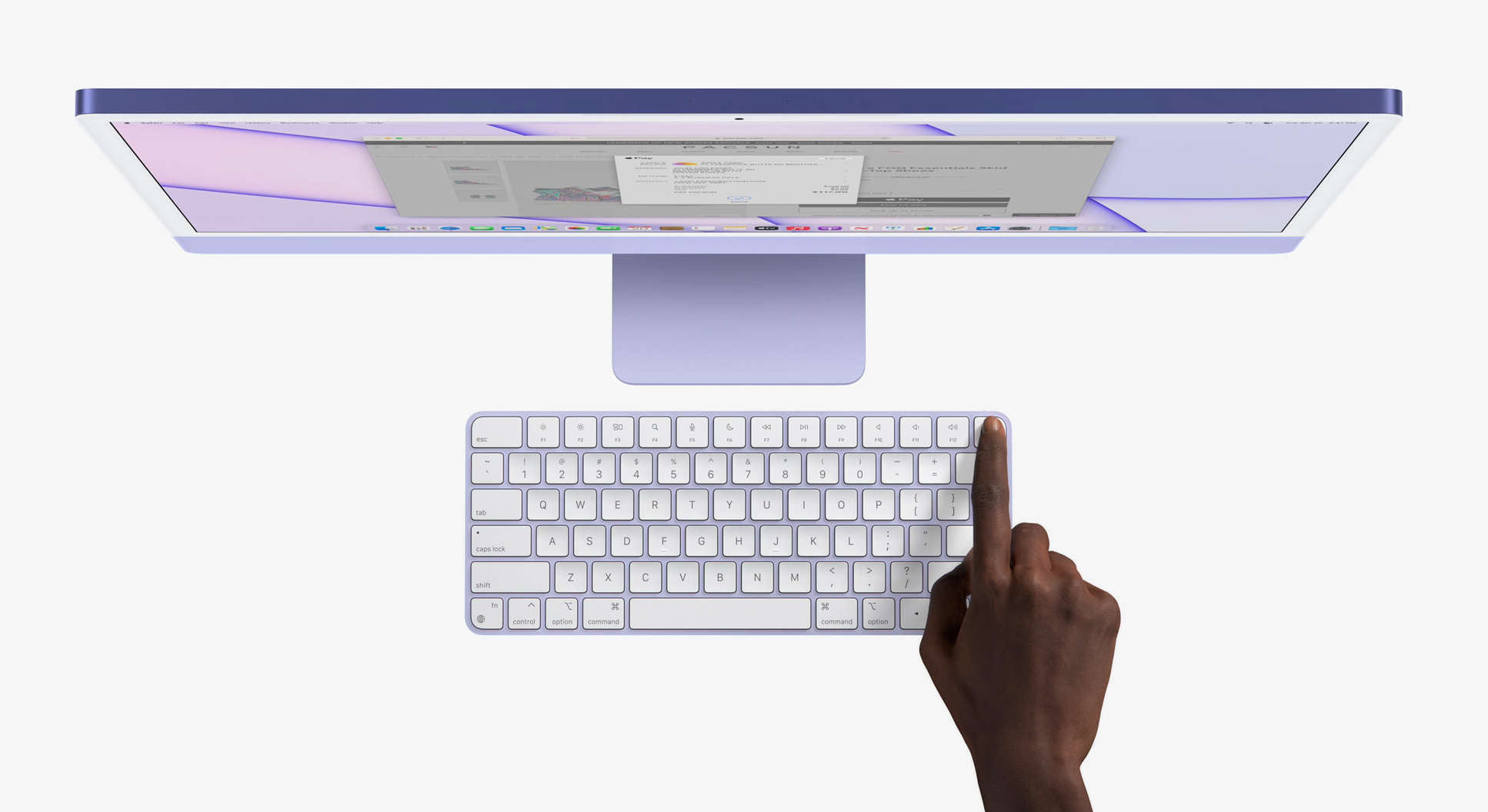 Apple unveils M1-powered iPad Pro and iMac at April 2021 event
Apple unveils M1-powered iPad Pro and iMac at April 2021 eventNews The new Apple Silicon hardware will be available to order from April 30
By Justin Cupler